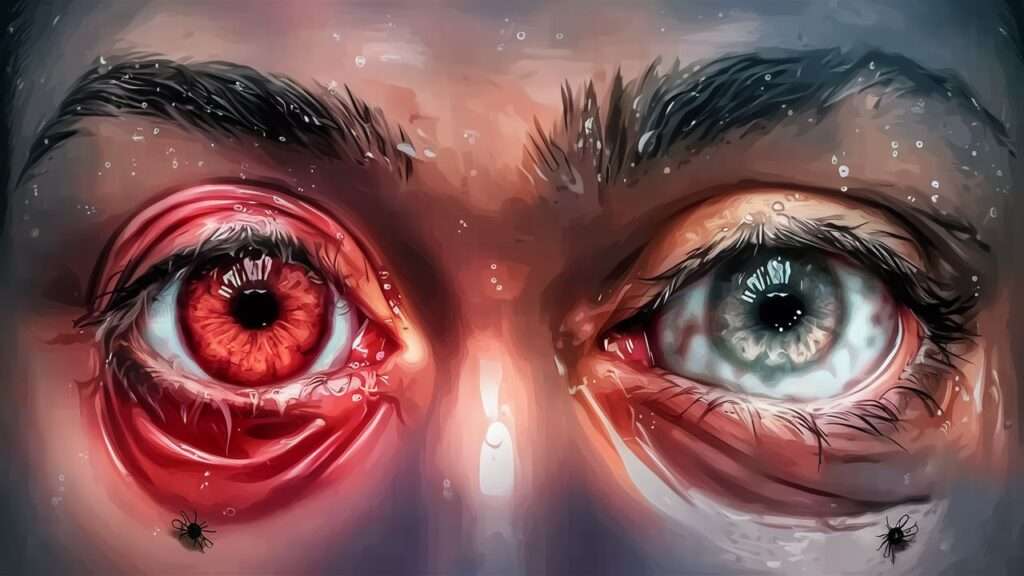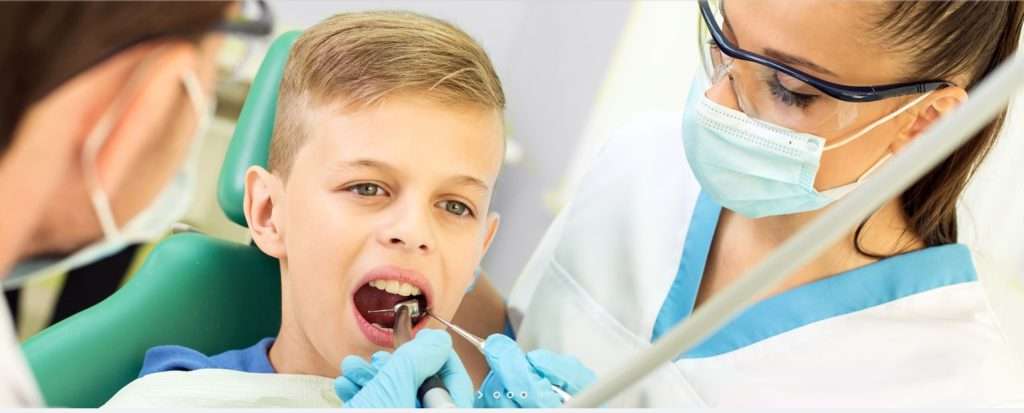As the rain falls and rejuvenates the land, the change in weather is welcomed by everyone, bringing respite from the scorching heat of summer. However, along with the refreshing showers, the rainy season also ushers in a set of health concerns, with eye infections being particularly prevalent.
Increased humidity along with the buildup of water creates an ideal environment for a variety of microorganisms to flourish, which can lead to a variety of eye diseases.
In this article, we delve into the common eye infections that tend to arise during the rainy season, understanding their causes, symptoms, and potential complications.
Moreover, we aim to equip readers with proactive strategies and practical tips to prevent these infections and maintain optimal eye health amidst the rainy season’s challenges. By enhancing awareness and adopting preventive measures, we can safeguard our vision and enjoy the rainy season with clarity and comfort.

Understanding eye infections
Eye infections occur when dangerous microorganisms such as bacteria, fungi, and viruses infiltrate any part of the eyeball or surrounding area. Examples of this are the transparent front surface of the eye (cornea) and the thin, moist membrane that lines the outer eye and inner eyelids (conjunctiva).
An expert from JLR Eye Hospital Kanpur said Symptoms can range from redness, itching, swelling, and pain to blurred vision, and if left untreated, some conditions can lead to serious complications, including vision loss.
Conjunctivitis, in particular, experiences an upsurge during the monsoon season. This highly contagious infection causes inflammation of the conjunctiva, leading to red, itchy eyes and a sticky discharge.
Preventing eye infections during the rainy season
Prevention is better than cure, especially when it comes to your eyes. During the Rainy season, remember these precautions to avoid eye infections:
Maintain good hygiene
Regularly washing your hands with soap and water is a fundamental and highly effective measure for preventing eye infections. It’s particularly important to do so before and after touching your eyes. Additionally, refraining from rubbing your eyes is crucial as it can facilitate the spread of infections.
Avoid touching your face
Throughout the day, hands encounter numerous surfaces carrying bacteria and viruses. When hands are contaminated and come into contact with the eyes, it can easily transfer these pathogens, increasing the risk of infections.
Use a clean towel or tissue
Use a clean, separate napkin or tissue for your eyes. Sharing towels can lead to cross-contamination and the spread of infections.
Wear protective eyewear
If you must go out during a downpour, consider wearing protective eyewear, such as goggles or goggles, to protect your eyes from dirty rainwater that can carry microorganisms harmful.
Avoid sharing cosmetics and eye care products
It’s important to refrain from sharing eye makeup since it can contain and transmit harmful microbes. Similarly, it’s best to avoid sharing contact lenses and their storage cases to prevent potential infections.
Change contact lenses regularly
Follow the recommended schedule for replacing contact lenses and never wear them for longer than intended. Also, if possible, opt for glasses during the rainy season to minimize the risk of infection.
Stay hydrated
Drink plenty of water. Proper hydration helps maintain the natural moisture in your eyes, preventing dryness and irritation.
Balanced diet
A diet rich in vitamin A can help maintain eye health. Foods like carrots, spinach, papaya, and oranges are rich in this nutrient.
See your eye doctor regularly
Regular eye checks can detect any early signs of infection and prevent the condition from getting worse.
Although the rainy season can be a refreshing change, it also brings challenges to our health, especially our eyes. A good understanding of common eye infections during this time and preventive measures are essential to enjoy the season without compromising our eye health.
Remember that your eyes are your window to the world, and taking care of them should be a priority. If you experience eye discomfort or unusual symptoms, seek medical attention immediately.
Conclusion
Just like we take precautions to avoid getting wet in the rain, we also need to protect our eyes during the rainy season. So, let’s prepare ourselves to face the rain, armed with umbrellas for our bodies and these preventive measures for our eyes.
They are equipped with cutting-edge medical technology to manage even the most complex eye conditions. Their deep-rooted commitment to providing comprehensive, compassionate care, along with their continued commitment to advanced clinical practices, positions them at the forefront of eye health care in the region.
From minor infections such as conjunctivitis to more complex conditions such as glaucoma or cataracts, skilled ophthalmologists offer individualized treatment plans, ensuring the best possible outcomes for their patients.


